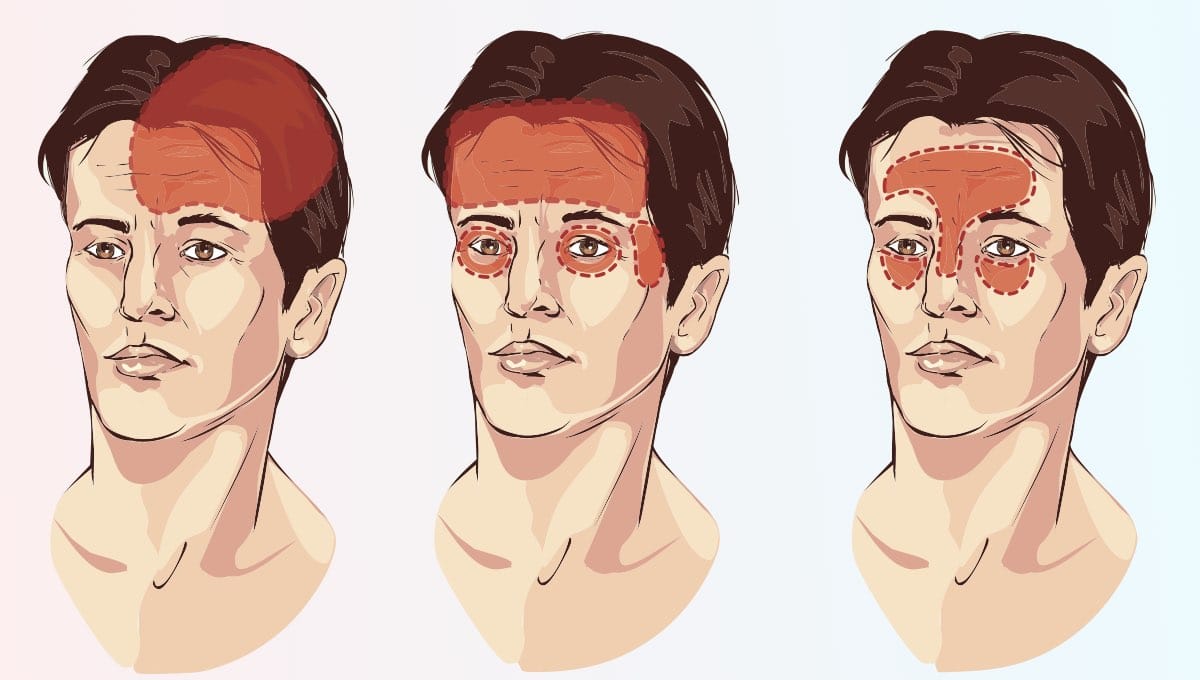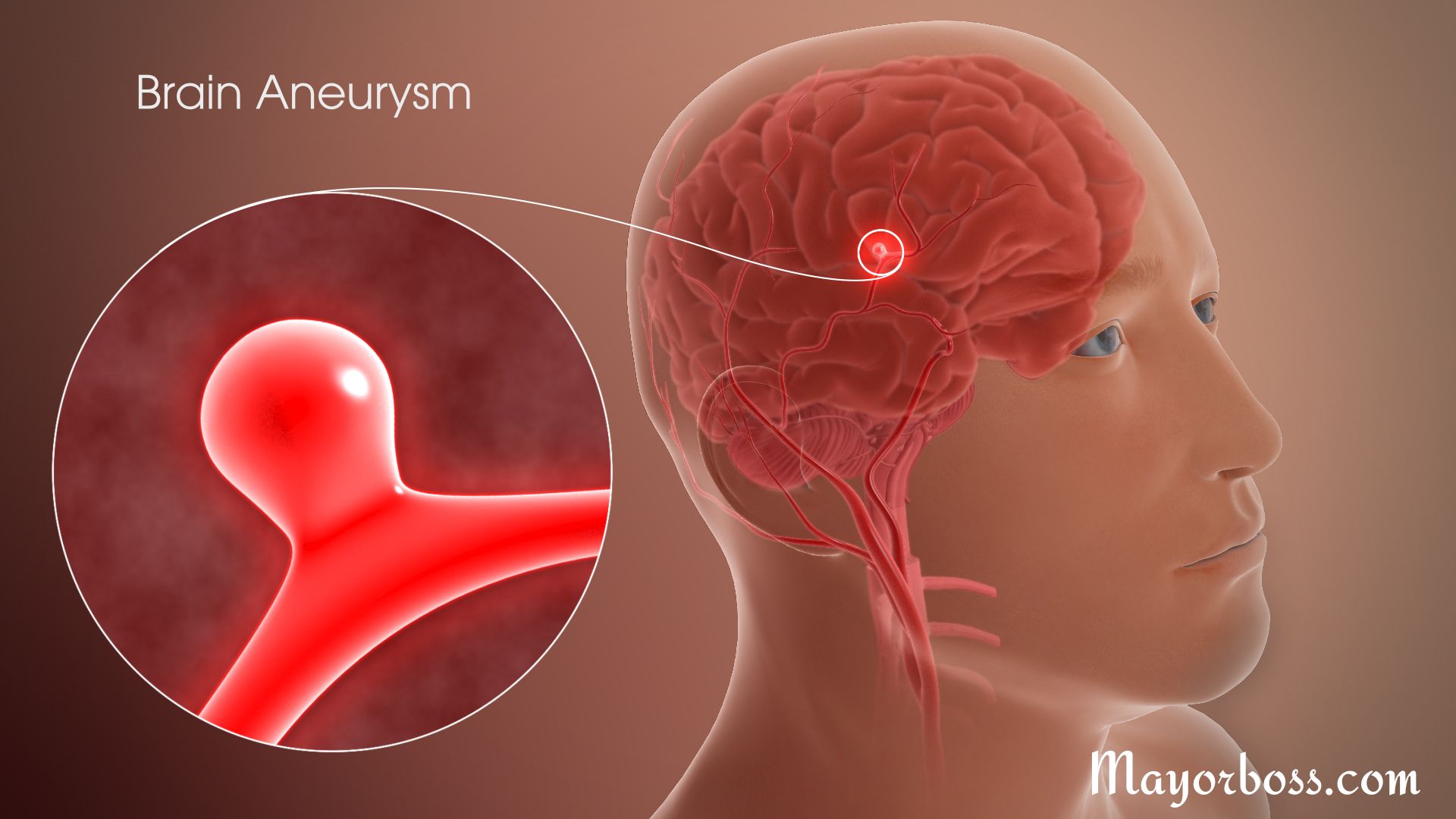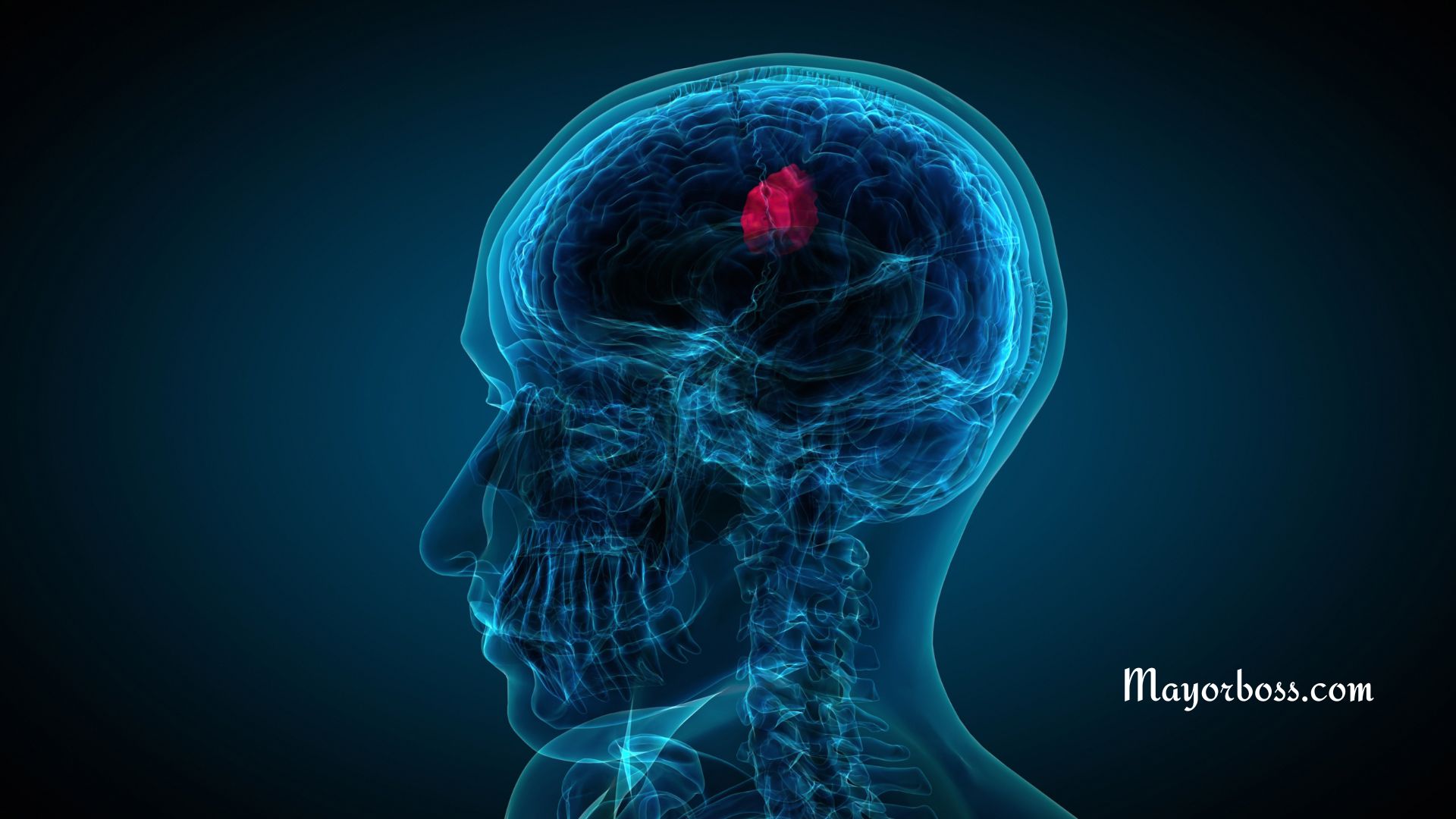Alzheimer’s Disease
Alzheimer’s disease is a neurological condition that brings significant challenges and changes to both patients and their loved ones. This comprehensive guide will help you understand Alzheimer’s disease, its symptoms, causes, diagnosis, available treatments, and potential prevention strategies.

What is Alzheimer’s Disease
Alzheimer’s disease is basically a progressive brain disease that gradually negatively affects behavior, memory, reasoning, thinking, and social skills, as well as the ability to perform simple tasks. It’s the most typical cause of dementia — a general term that is medically used to explain a decline in mental ability that generally interrupts daily life. As the disease progresses, the brain cells deteriorate and die, leading to a slow decline in memory and mental function.
Symptoms
The symptoms of Alzheimer’s disease progress over time, often starting subtly and then becoming more pronounced. They’re typically divided into three stages: mild, moderate, and severe.
Mild Alzheimer’s Disease
- Memory loss, especially recent or newly learned information
- Difficulty concentrating
- Challenges in planning or organizing
- Trouble managing money and paying bills
Moderate Alzheimer’s Disease
- Increased memory loss and confusion
- Problems recognizing family and friends
- Inability to learn new things
- Difficulty carrying out tasks with multiple steps (such as getting dressed)
- Hallucinations, delusions, and paranoia
Severe Alzheimer’s Disease
- Inability to communicate
- Dependence on others for care
- Weight loss
- Seizures
- Skin infections
Causes
The real cause of Alzheimer’s disease, according to scientists, is still unknown. However, it’s likely due to several factors, like genetic, lifestyle, and environmental factors, that particularly affect the brain over time.
- Genetics: Certain genes have been identified that increase the likelihood of developing Alzheimer’s disease.
- Lifestyle and heart health: Factors that increase the risk of heart disease also increase the risk of Alzheimer’s. These include lack of exercise, smoking, high blood pressure, and high cholesterol.
- Age: The risk of developing Alzheimer’s disease increases with age, especially after the age of 65.
- Family history: Those with an immediate family member who has had the disease are more likely to develop Alzheimer’s.
Diagnosis
There’s no single test to diagnose Alzheimer’s disease. The process involves:
- Medical history evaluation: This involves a review of the patient’s medical history and assessment of symptoms.
- Mental status testing: Tests are performed to assess memory and thinking skills.
- Physical and neurological exam: This might include testing reflexes, muscle tone, and speech.
- Brain imaging: MRI or CT scans can detect brain abnormalities and rule out other conditions.
Treatment
While there’s currently no cure for Alzheimer’s disease, treatments can temporarily slow the worsening of symptoms and improve quality of life.
Medications for Alzheimer’s Disease
Medications for Alzheimer’s disease are primarily aimed at managing cognitive symptoms such as memory loss, confusion, and problems with thinking and reasoning.
- Cholinesterase inhibitors: These drugs, which include donepezil (Aricept), rivastigmine (Exelon), and galantamine (Razadyne), work by improving the levels of neurotransmitters (chemical messengers) in the brain. They can help slow down the progression of symptoms in the early to middle stages of Alzheimer’s.
- Memantine (Namenda): This drug works by regulating the activity of glutamate, a different type of neurotransmitter that’s involved in learning and memory. It’s often used in moderate to severe Alzheimer’s cases to help delay the worsening of symptoms.
- Combination therapy: In some cases, doctors may prescribe a combination of a cholinesterase inhibitor and memantine.
Non-Drug Treatments
Managing Alzheimer’s disease also involves non-drug approaches to improve the quality of life and help manage symptoms.
- Cognitive stimulation therapy: Cognitive therapies involve structured activities to stimulate thinking and memory. This might include puzzles, word games, or software programs designed to improve memory and thinking skills.
- Physical Activity: Regular exercise can have a range of health benefits, including potential mood-enhancing effects and improved sleep. While it’s not a cure for Alzheimer’s, staying physically active can improve a patient’s quality of life.
- Nutrition: Eating a balanced diet is essential for overall health, including brain health. Some research suggests that diets such as the Mediterranean diet, which is high in fruits, vegetables, legumes, cereals, fish, and monounsaturated fatty acids, may be associated with a lower risk of Alzheimer’s.
- Social Engagement: Staying socially active can also support brain health. This might involve participating in group activities, spending time with friends and family, or volunteering.
Management of Behavioral Symptoms
Behavioral symptoms, including irritability, anxiety, depression, sleep disturbances, and aggression, can be the most challenging aspect of care for individuals with Alzheimer’s disease. Several strategies can be used:
- Behavioral interventions: This involves identifying the triggers or causes of behavior and finding ways to address it. It could be as simple as modifying the environment to make it less confusing or stressful.
- Psychotherapy: Cognitive-behavioral therapy can help an individual learn to manage anxiety and depression.
- Medication: In some cases, medications may be used to manage severe behavioral symptoms. These can include antidepressants, anxiolytics, and antipsychotic medications.
Care for Alzheimer’s disease should be personalized, taking into account the individual’s medical history, living situation, and personal preferences. Always consult with a healthcare provider for a treatment plan tailored to the individual’s needs.
Prevention
While there’s no surefire way to prevent Alzheimer’s disease, some lifestyle choices might help reduce your risk.
- Regular exercise: Physical activity can help maintain good blood flow to the brain and specifically encourage new brain cells’ growth.
- Healthy diet: A diet high in fruits, vegetables, lean protein, and low-fat dairy can help protect the brain.
- Mental stimulation: Stay mentally active by continually learning, socializing, reading, and playing games.
Frequently Asked Questions About Alzheimer’s Disease
While there’s a genetic component to Alzheimer’s, it’s not entirely hereditary. Most cases of Alzheimer’s occur in people over 65 and are considered “late-onset” Alzheimer’s. This form of the disease has no clear inheritance pattern. However, a smaller proportion of cases, known as “early-onset” Alzheimer’s, affect people under 65 and can be strongly influenced by genetic factors.
There is no cure for Alzheimer’s disease. However, treatments are available that can slow dementia symptoms and improve quality of life.
Everyone experiences some memory lapses with age, but Alzheimer’s disease is more than occasional forgetfulness. It involves serious memory loss, confusion, difficulty communicating, mood swings, and behavior changes. These symptoms gradually worsen over time, significantly affecting a person’s ability to carry out daily tasks.
While there’s no guaranteed way to prevent Alzheimer’s disease, certain lifestyle measures may help. These include regular physical exercise, maintaining a healthy diet, staying mentally and socially active, getting plenty of sleep, and managing risk factors for cardiovascular diseases such as diabetes, high blood pressure, and high cholesterol.






